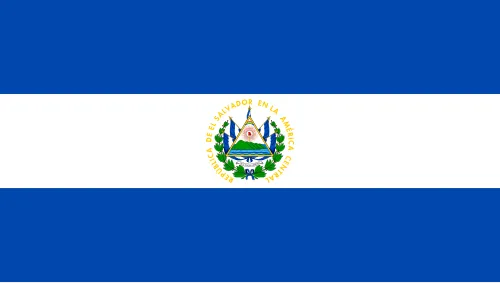
Celebrating Independence Day: Tuvalu's Journey to Freedom
Every year on October 1st, the people of Tuvalu come together to celebrate their Independence Day, marking the day in 1978 when this small Pacific island nation gained freedom from the United Kingdom. This momentous occasion is not just a national holiday; it represents the resilience and spirit of the Tuvaluan people in their journey towards self-determination.
The Historical Background of Tuvalu's Independence
Tuvalu, consisting of nine tiny islands located in the Pacific Ocean, was formerly known as the Ellice Islands. Prior to independence, Tuvalu faced colonial rule and significant changes in governance, particularly during World War II when the islands were strategically important. After the war, Tuvalu began its journey towards self-governance.
In 1974, Tuvalu made significant strides towards independence by becoming a self-governing territory, but it wasn’t until October 1, 1978, that Tuvalu officially became an independent nation, thus ending over 70 years of British colonial rule. The path to independence was essential not just for national identity, but also for the preservation of Tuvalu's culture, language, and traditions.
Independence Day Celebrations
Independence Day in Tuvalu is a day filled with national pride and festive spirit. The celebrations comprise various events including cultural performances, parades, traditional dances, and communal feasts. The people proudly display their national flags, symbolizing their hard-fought freedom and cultural heritage.
Schools and local communities perform plays and dances that highlight Tuvaluan history and its journey to independence. Traditional songs and dances often feature prominently, showcasing the unique heritage of the islands. It’s a day for reflection, joy, and unity, with families and friends coming together to commemorate their shared history.
The Importance of National Identity
Tuvalu's journey to independence has underscored the importance of national identity among its citizens. The transition from being a British colony to an independent nation was not solely about political sovereignty; it also emphasized the need to safeguard their culture and values. The Tuvaluan culture, enriched by its traditions, language, and historical narratives, is celebrated with great enthusiasm during Independence Day festivities.
Furthermore, establishing a sense of national pride is crucial for smaller nations like Tuvalu. As one of the world’s smallest countries in terms of landmass and population, maintaining a strong national identity helps reinforce unity among residents and promotes resilience against external challenges.
Challenges Since Independence
While Tuvalu has made significant progress since its independence, it also faces various challenges like climate change, economic sustainability, and health care needs. Rising sea levels pose a significant threat to its low-lying islands, endangering both their land and people. The dependence on imported goods and services has also emphasized the need for sustainable development strategies that honor their sovereignty while safeguarding the environment.
Conclusion
As Tuvaluans celebrate their Independence Day each October 1st, they not only honor their past but also look forward to a future filled with potential. The day exemplifies resilience and the unwavering spirit of the Tuvaluan people, who continue to uphold their history, culture, and identity amidst global challenges. Independence Day serves as a reminder of their journey and a celebration of freedom, unity, and hope for generations to come.





